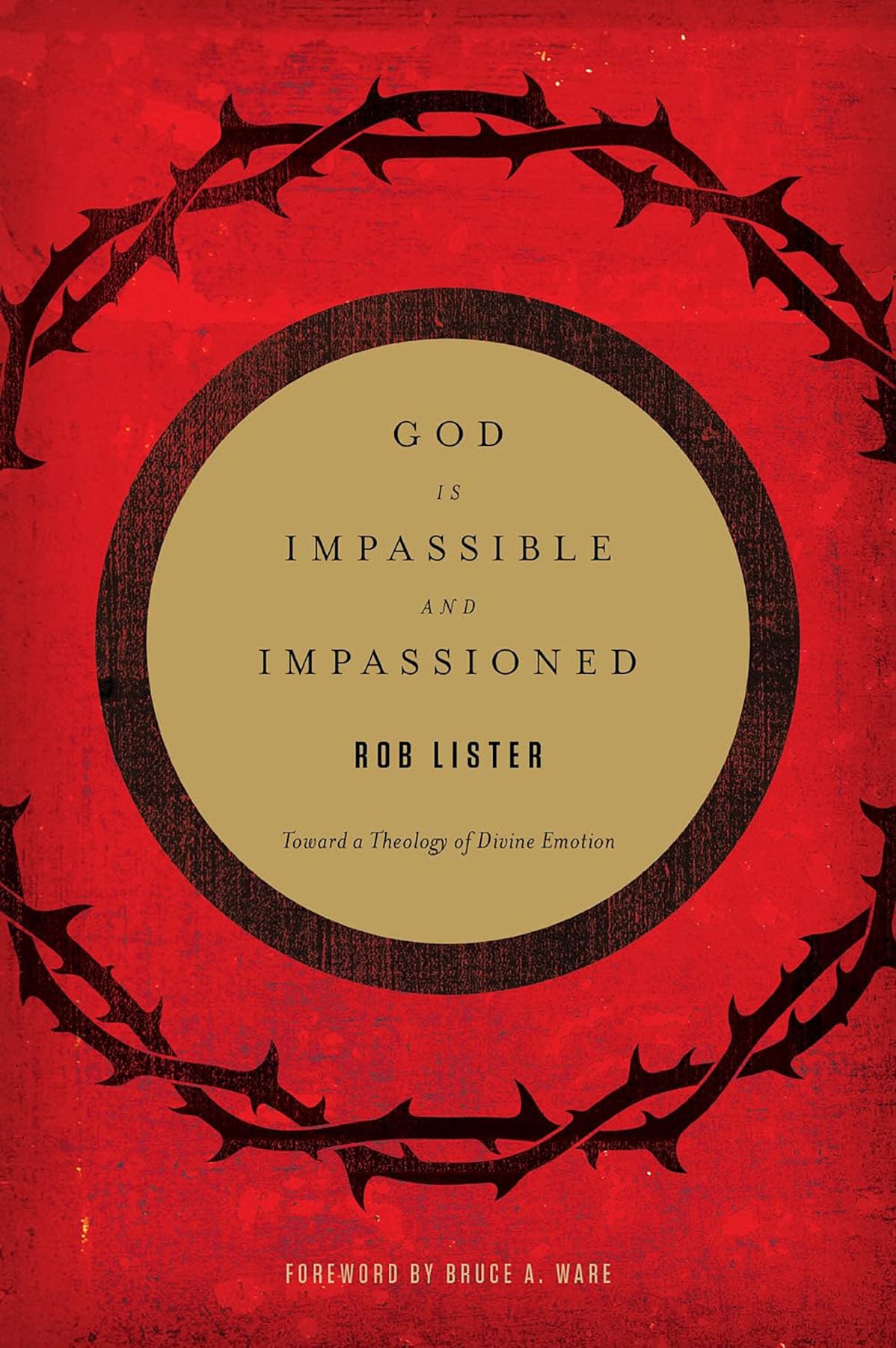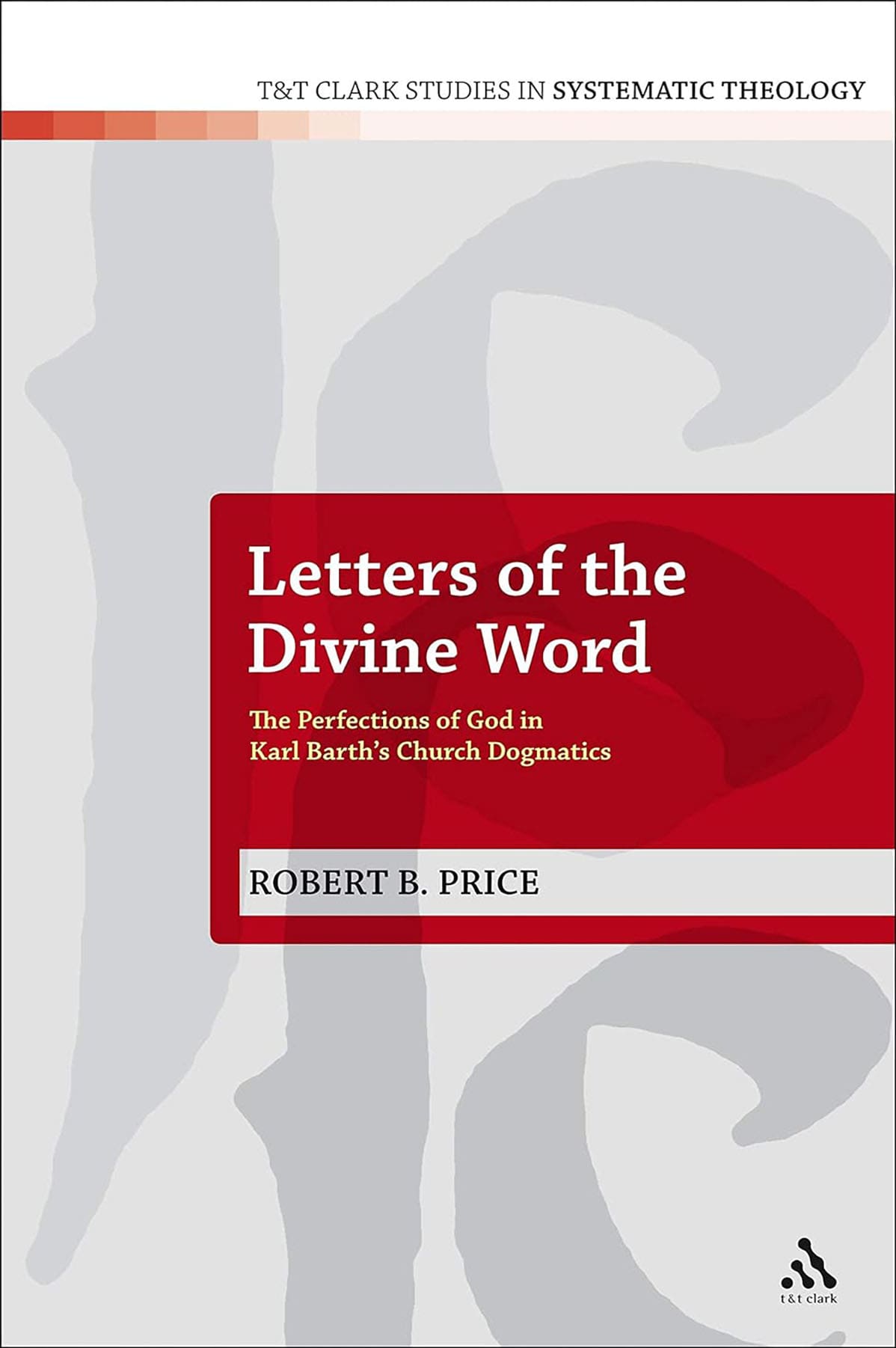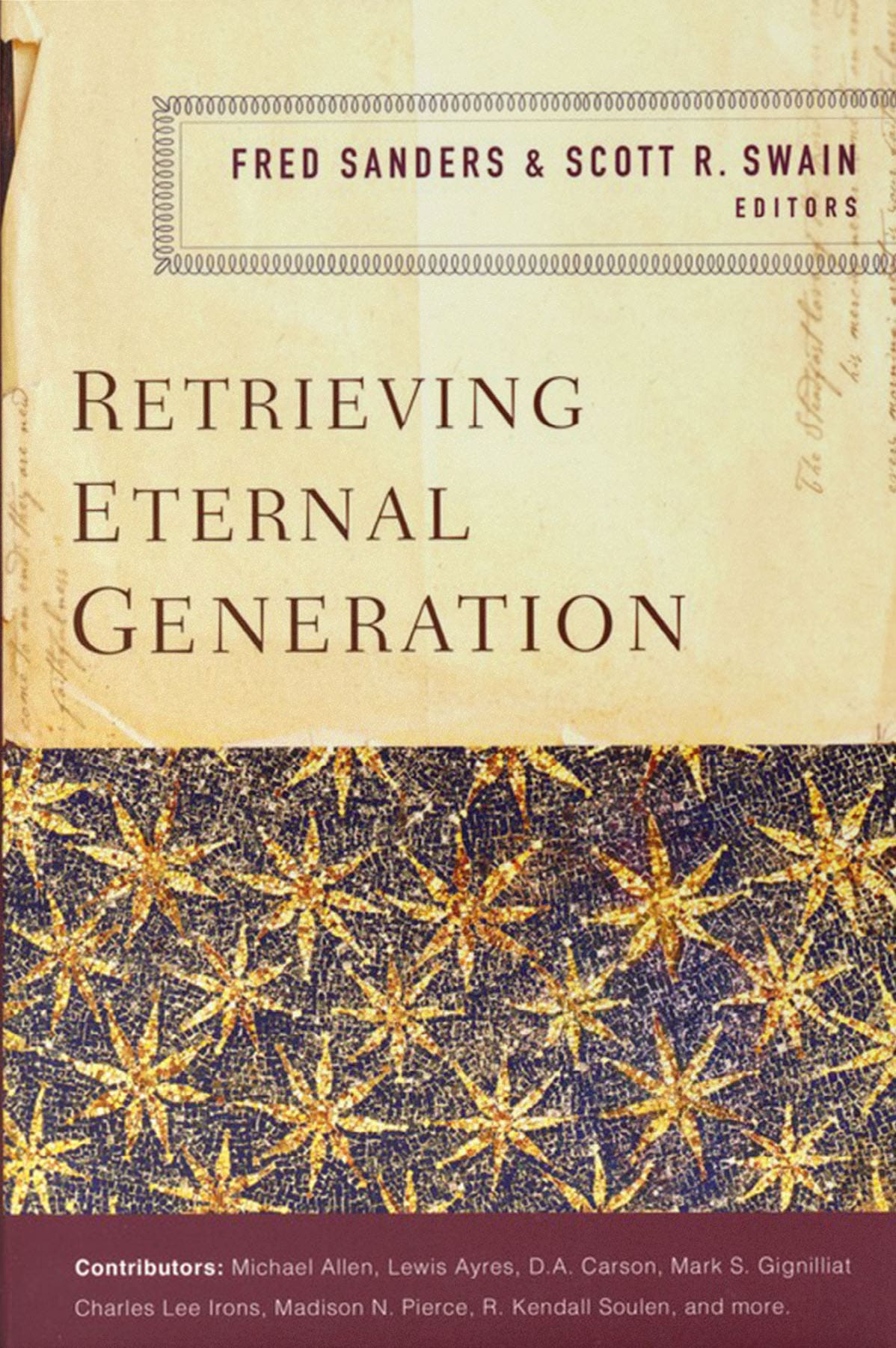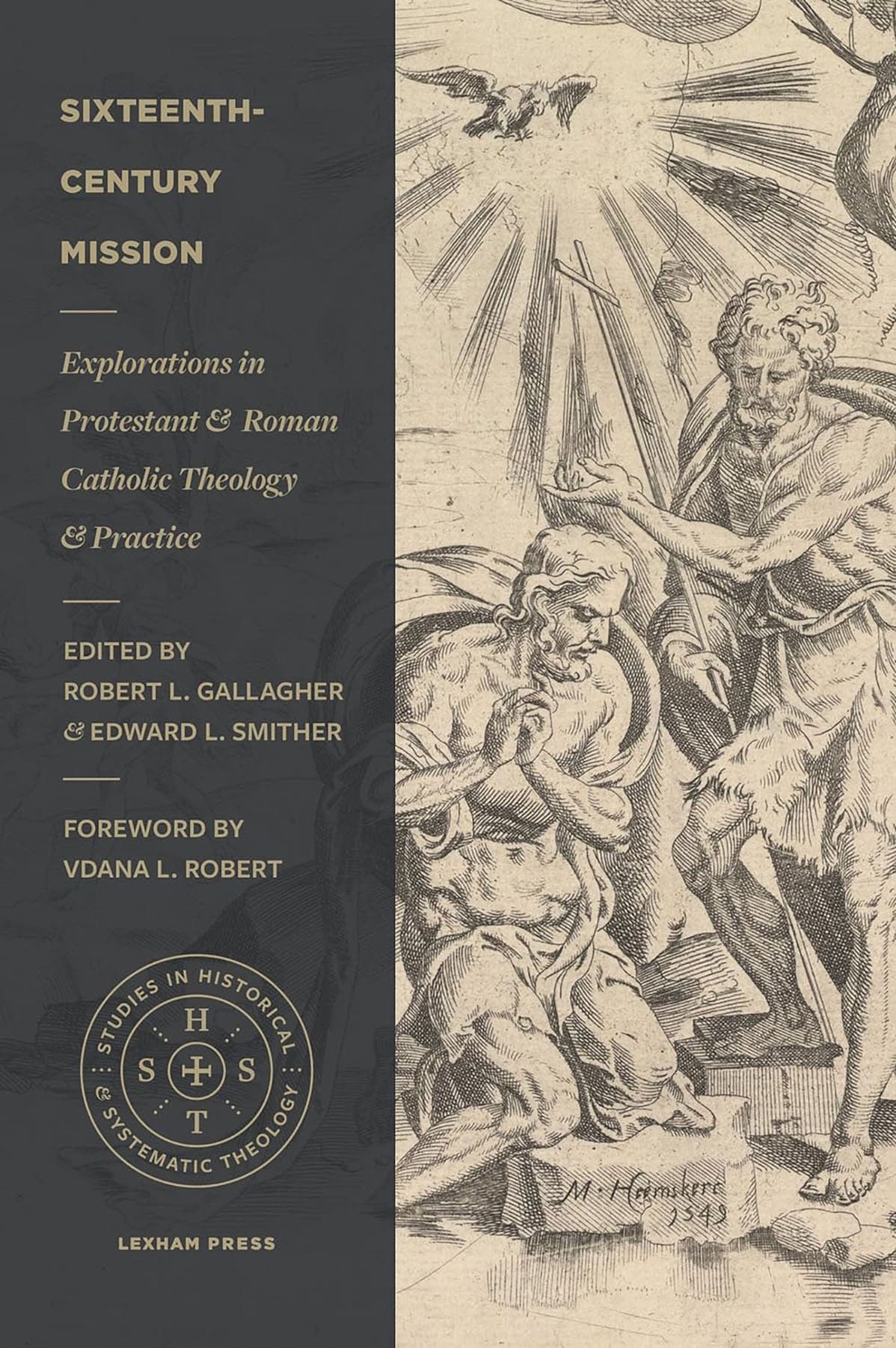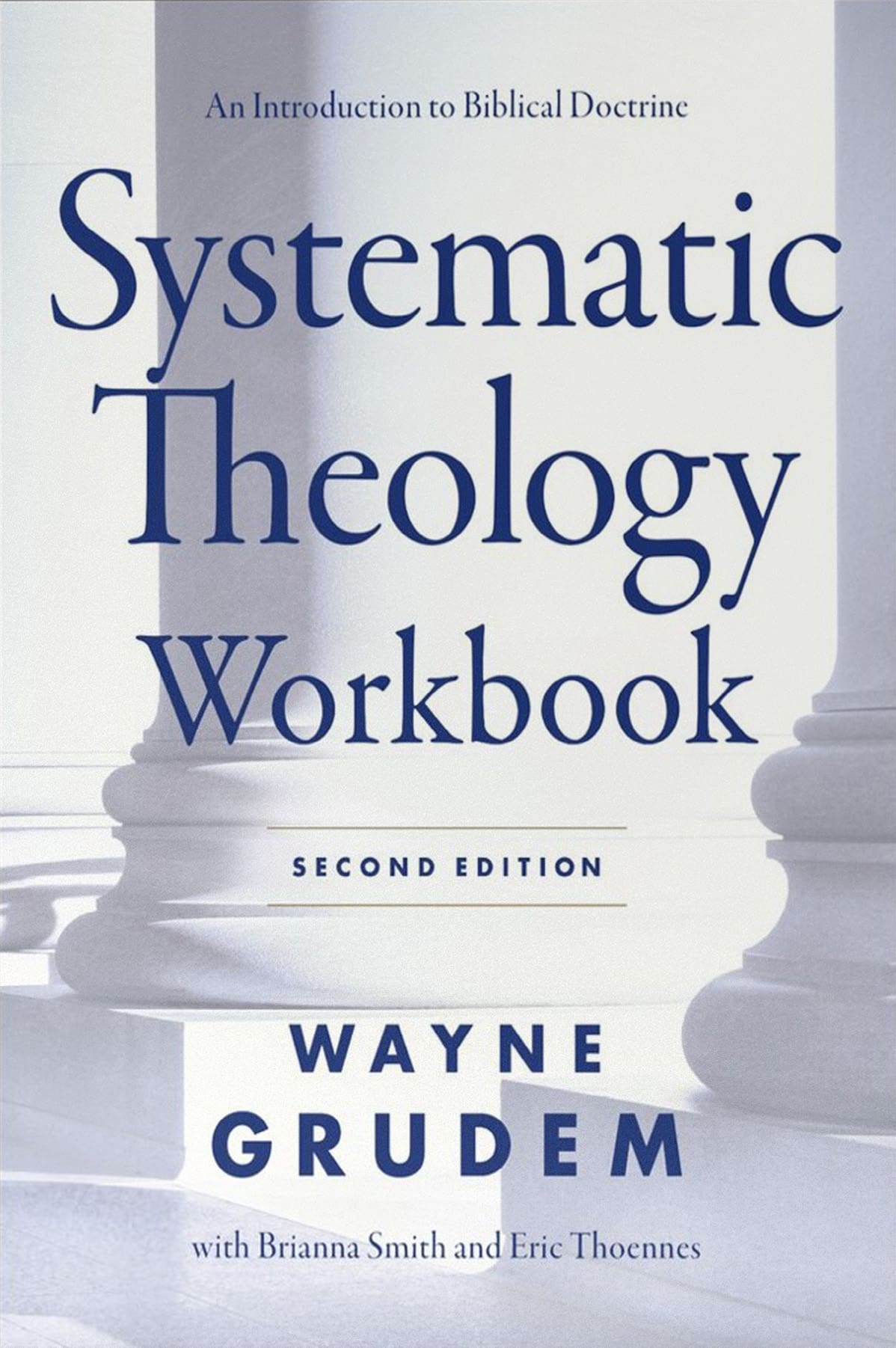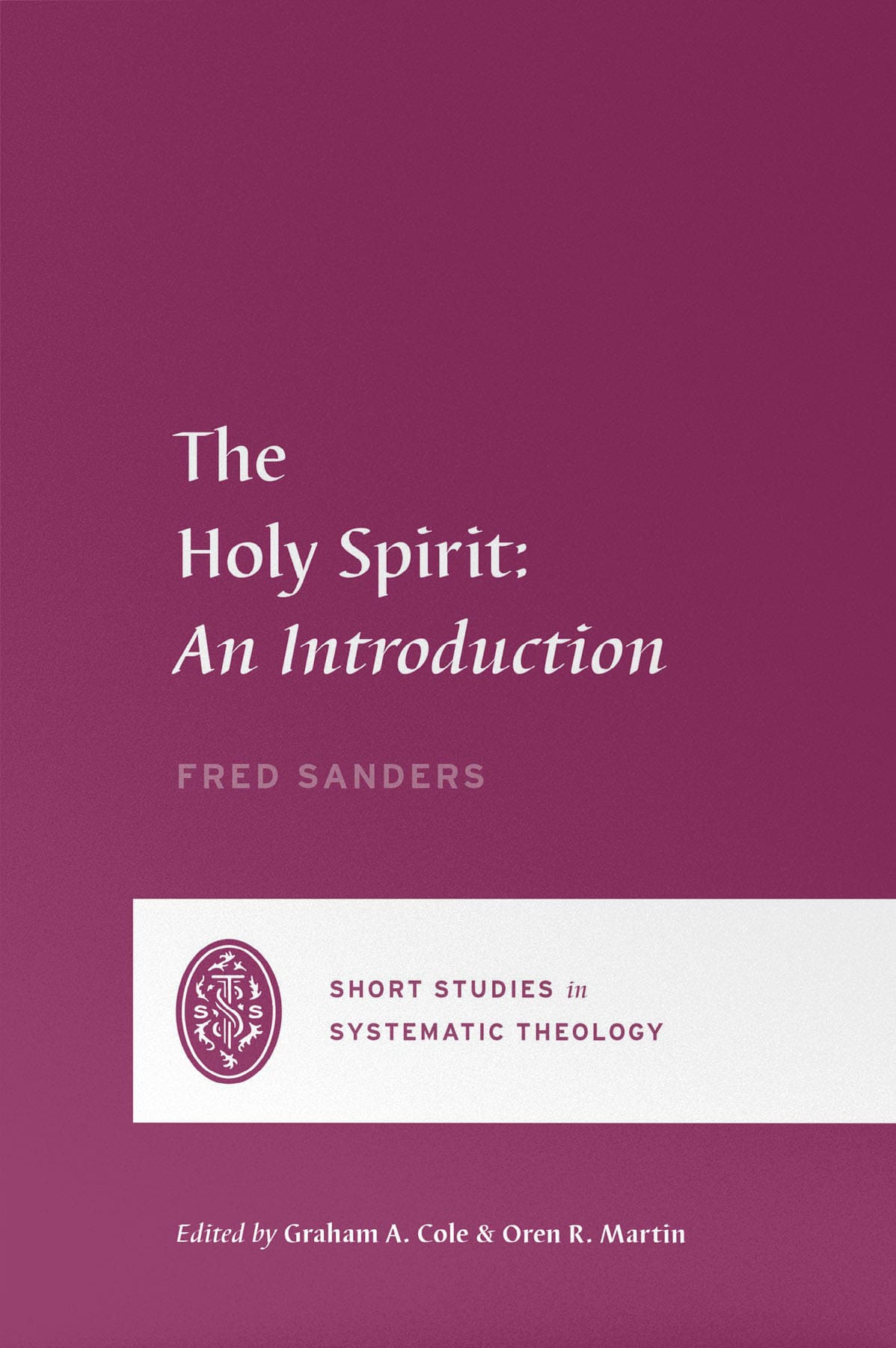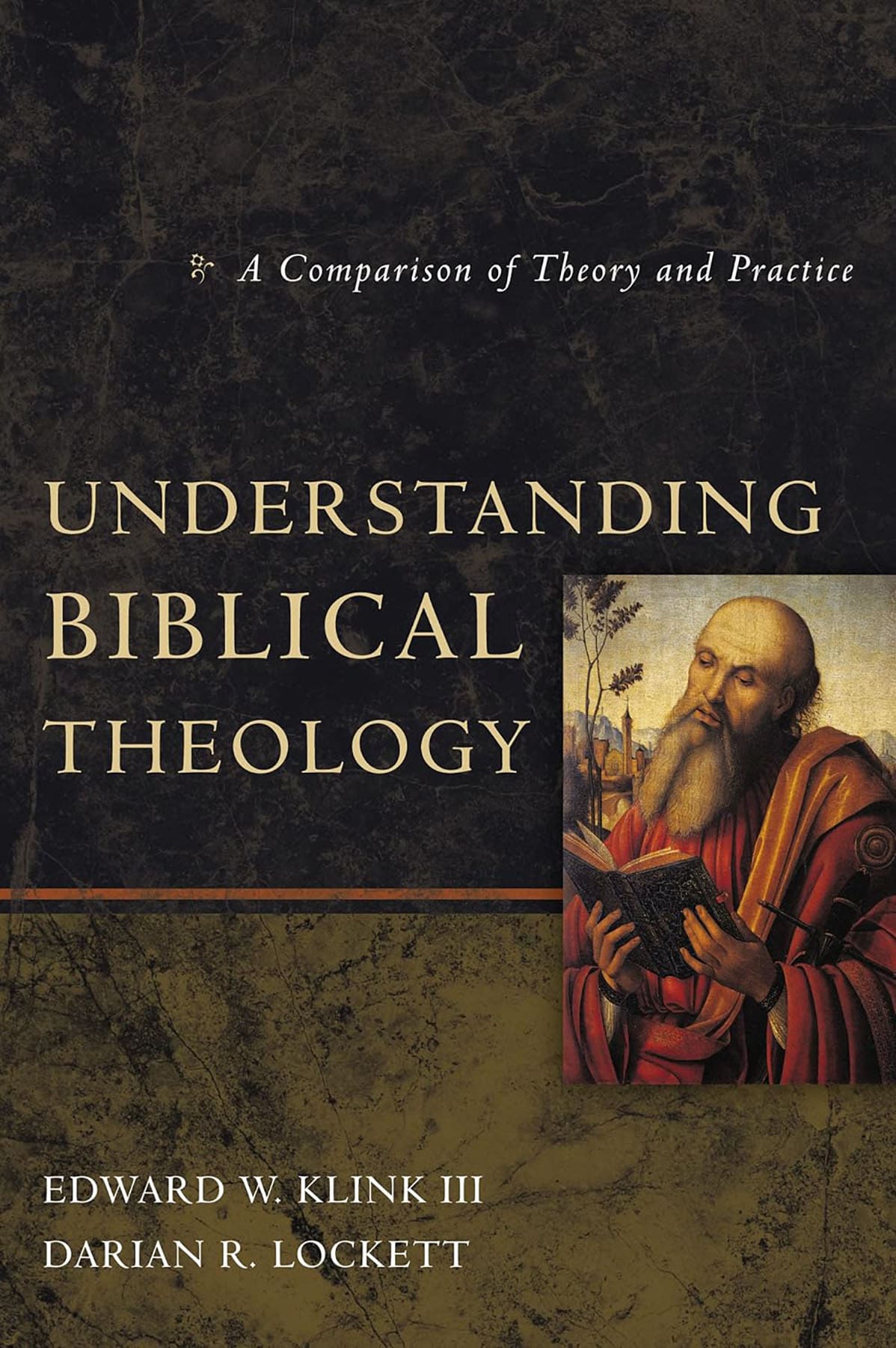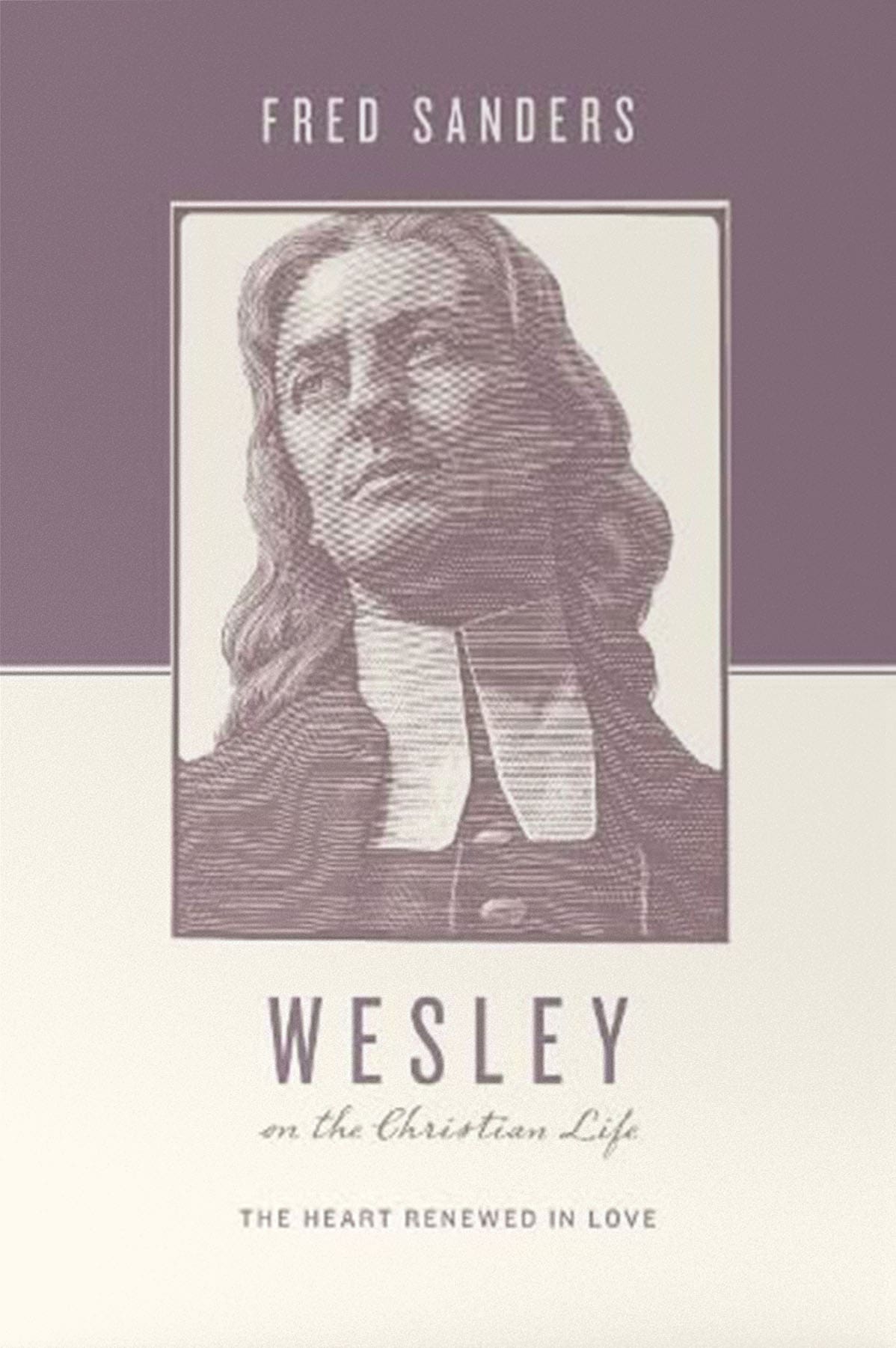The Christian doctrine of God has traditionally been presented in two parts: an account of the existence and attributes of God on the one hand, and an account of God’s triunity on the other. The present study is an analysis of Karl Barth’s doctrine of the divine attributes (or ‘perfections’), as it appears in his “Church Dogmatics II/1”. Barth’s doctrine of the divine perfections has received comparatively little attention, and what attention it has received is typically very selective. Authors unaware of larger, structural themes in Barth’s account often misconstrue significant details of Barth’s text. Others wrongly discount the implications of Barth’s doctrine of the perfections for his theology as a whole. The aim of this study is primarily to clarify what Barth says about the perfections and secondarily to relate this to broader themes in Barth’s theology.

